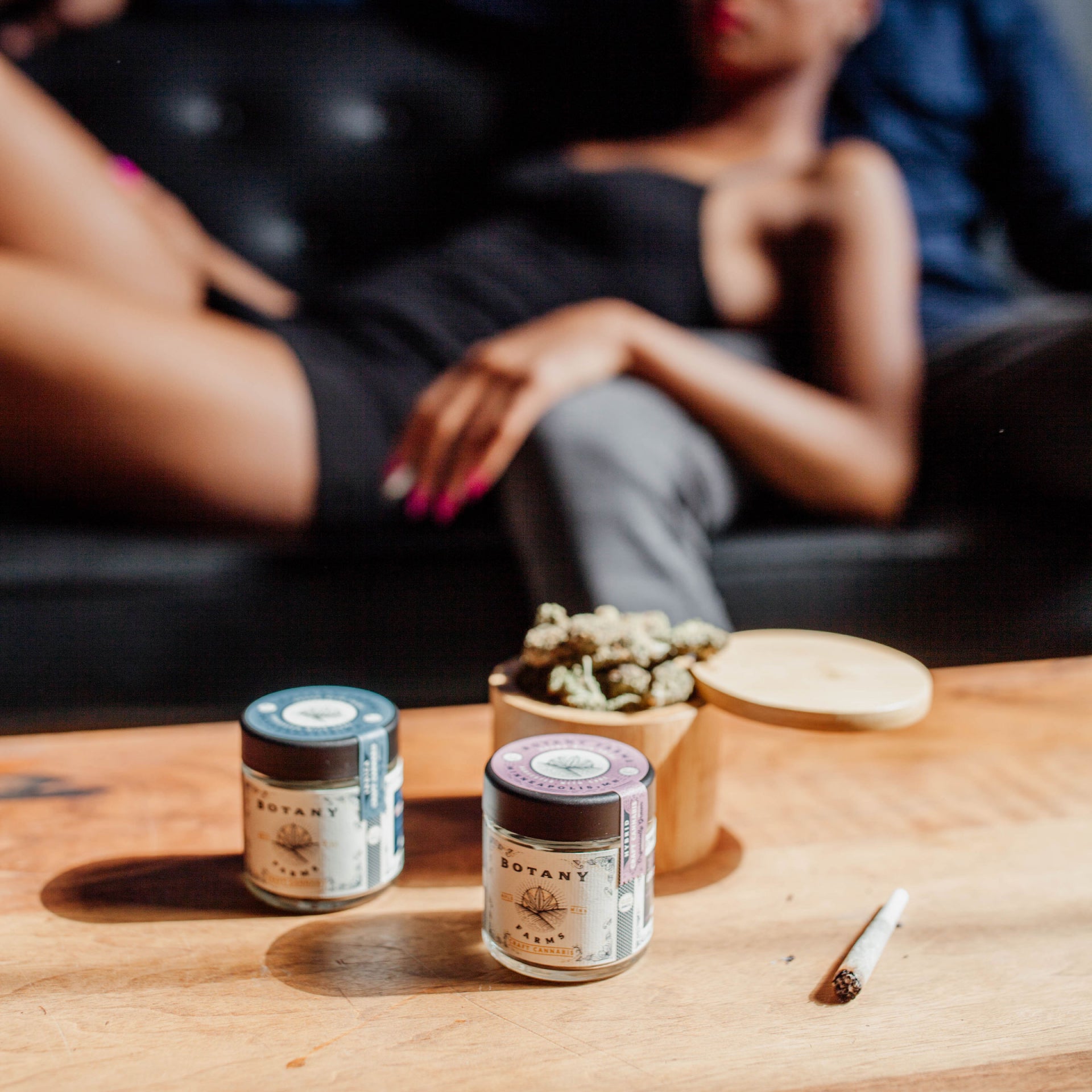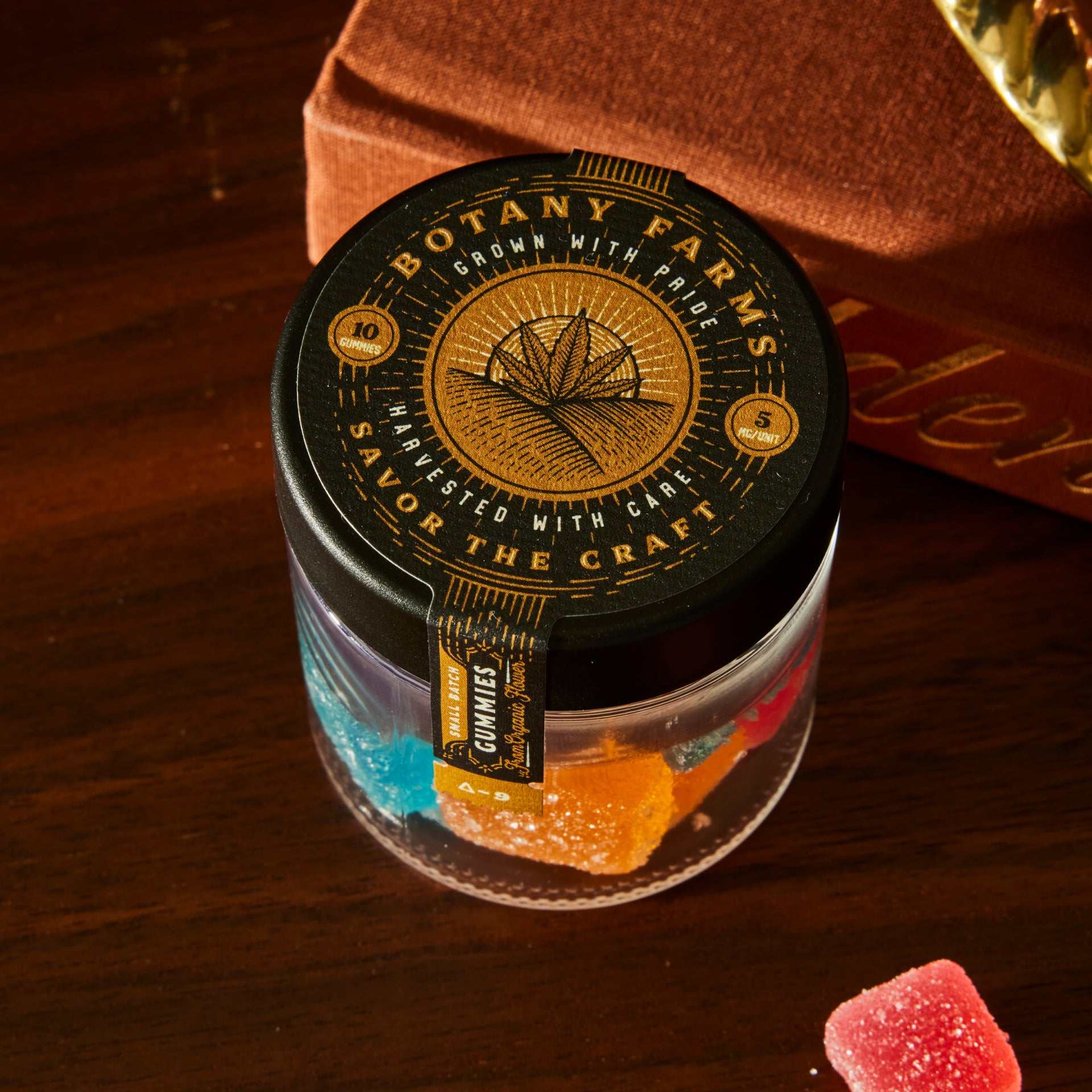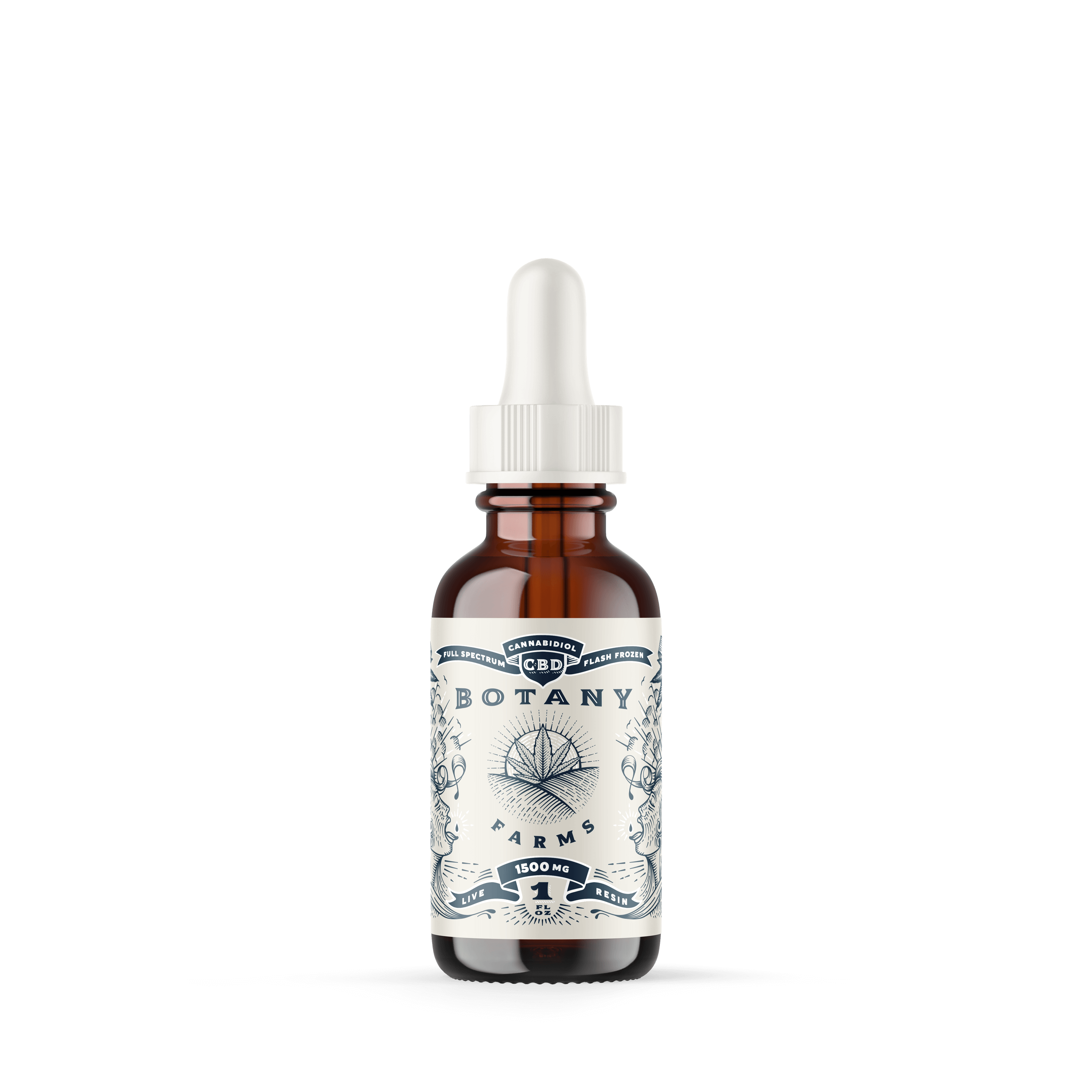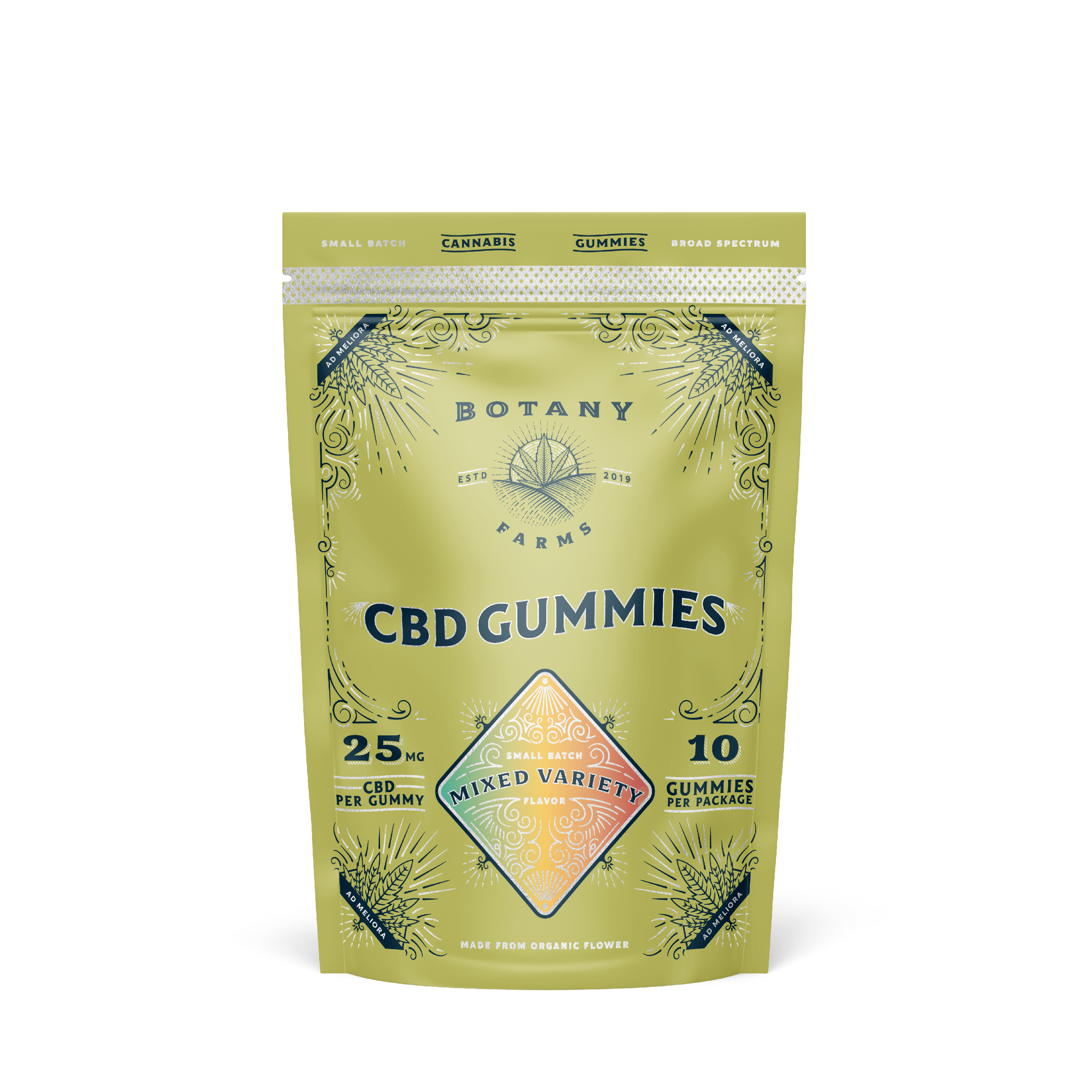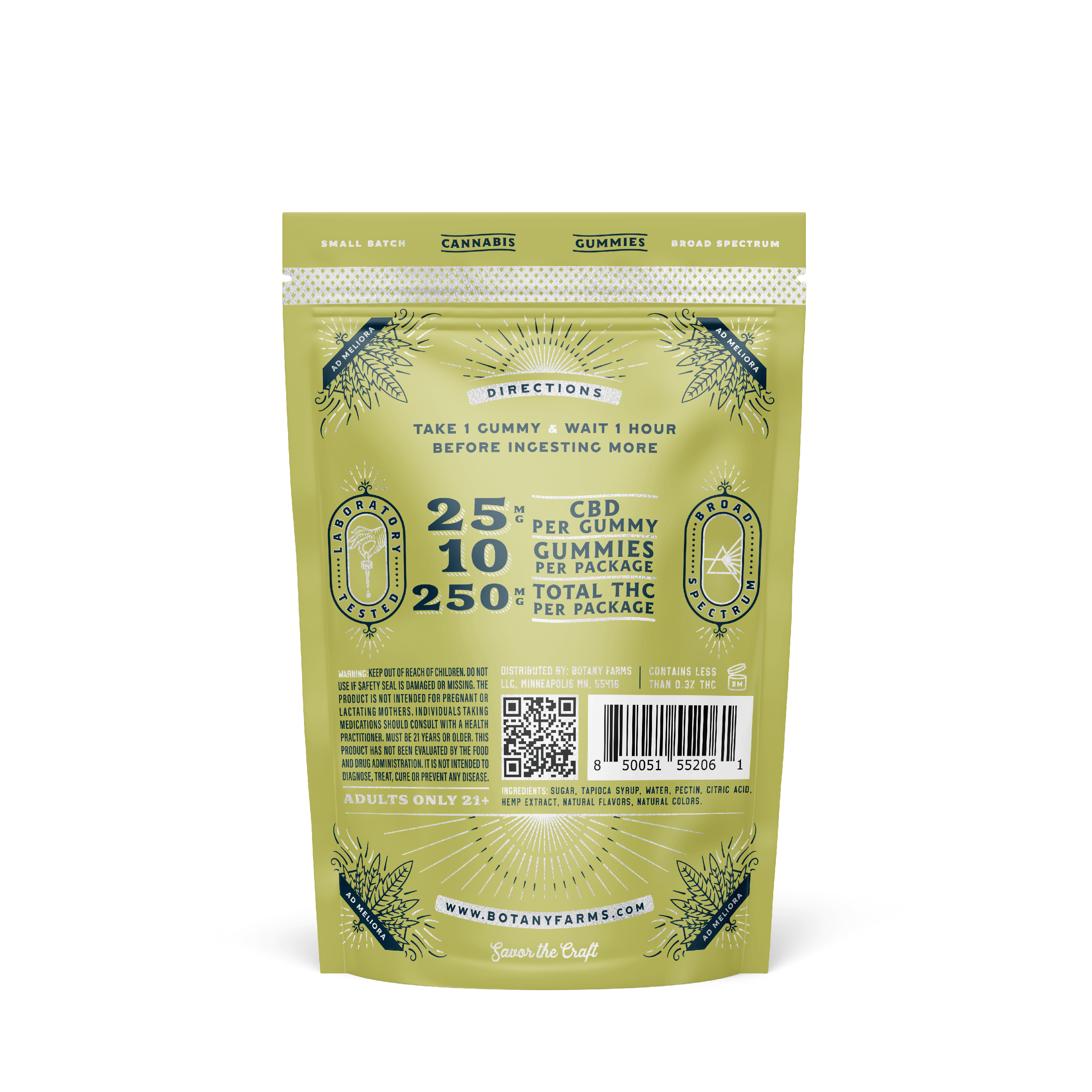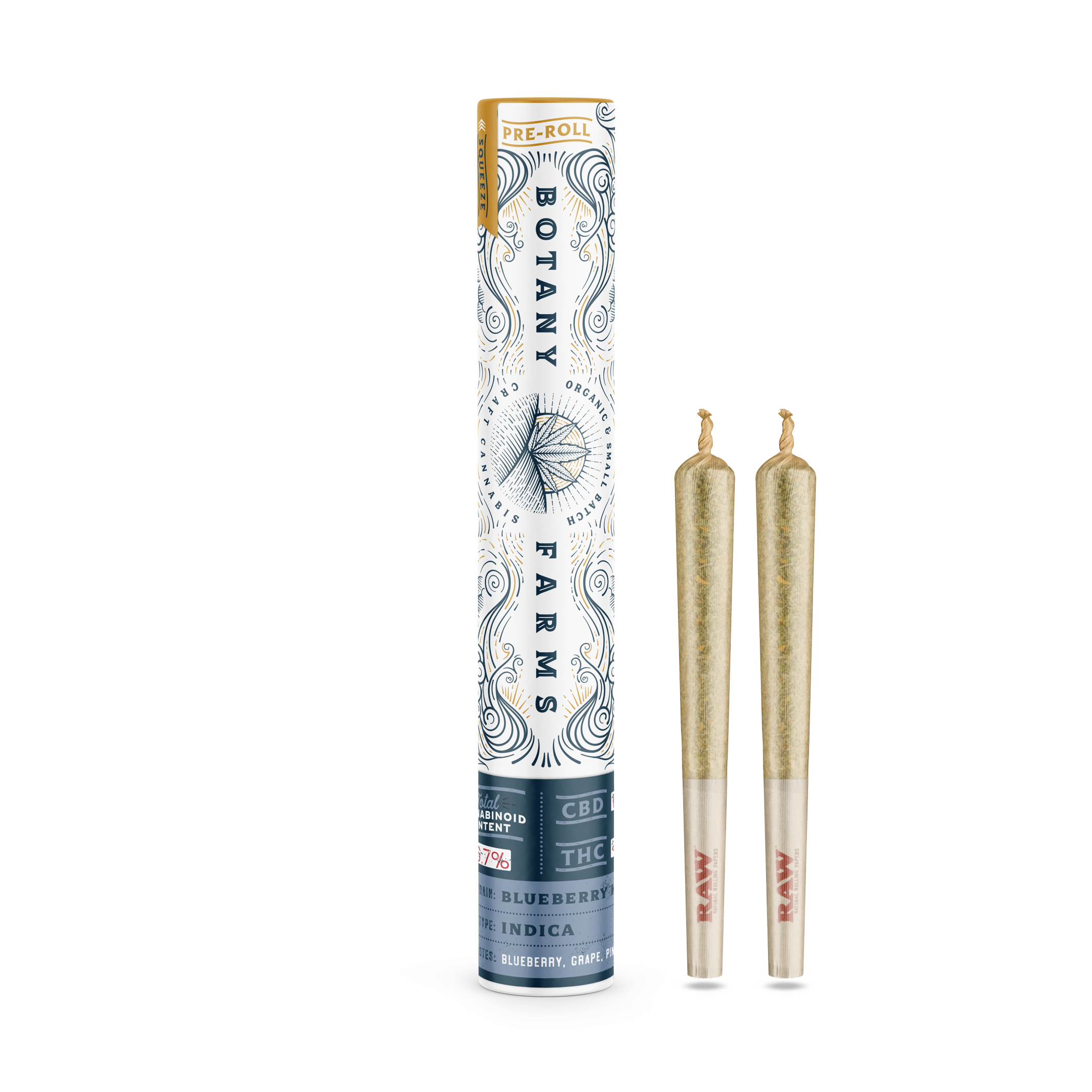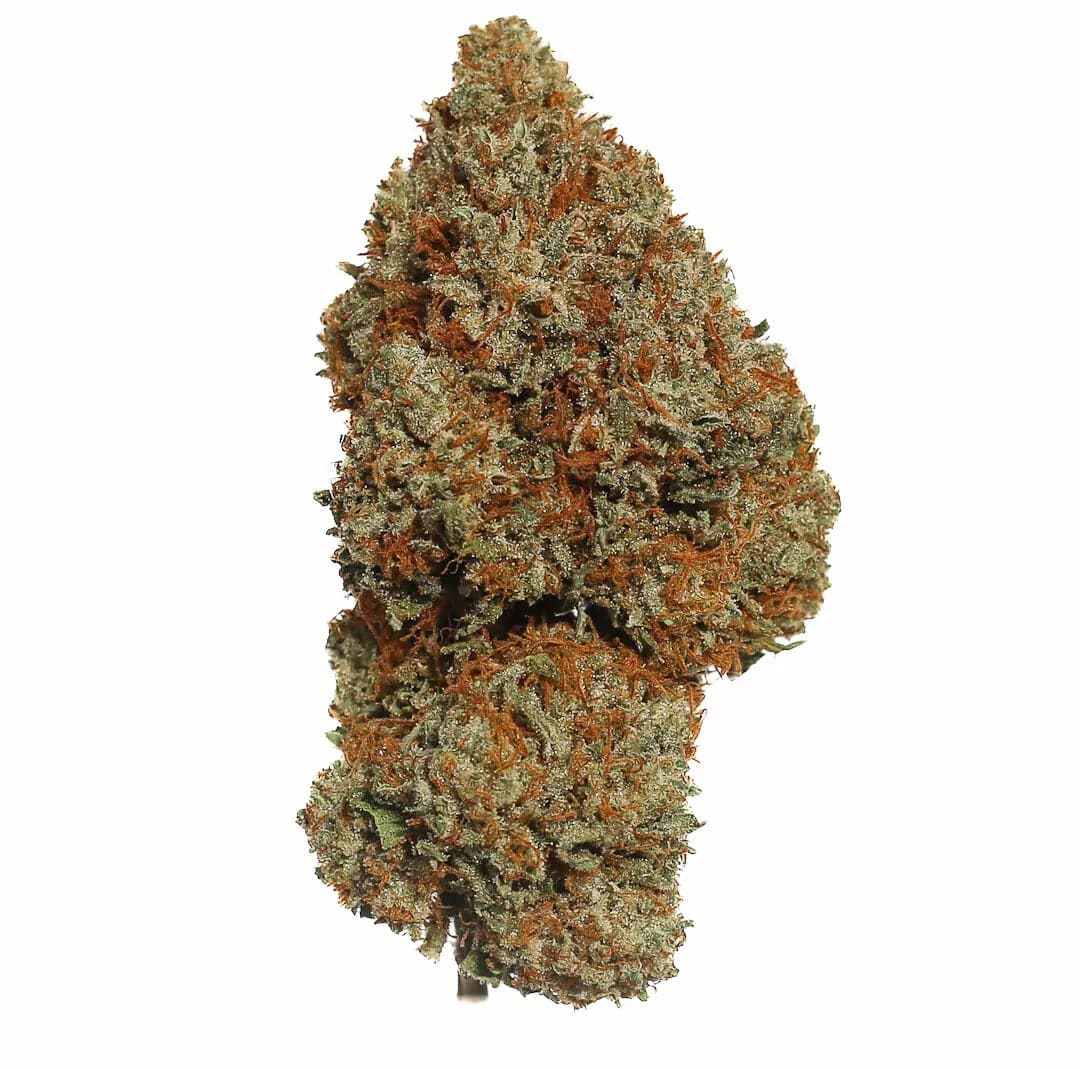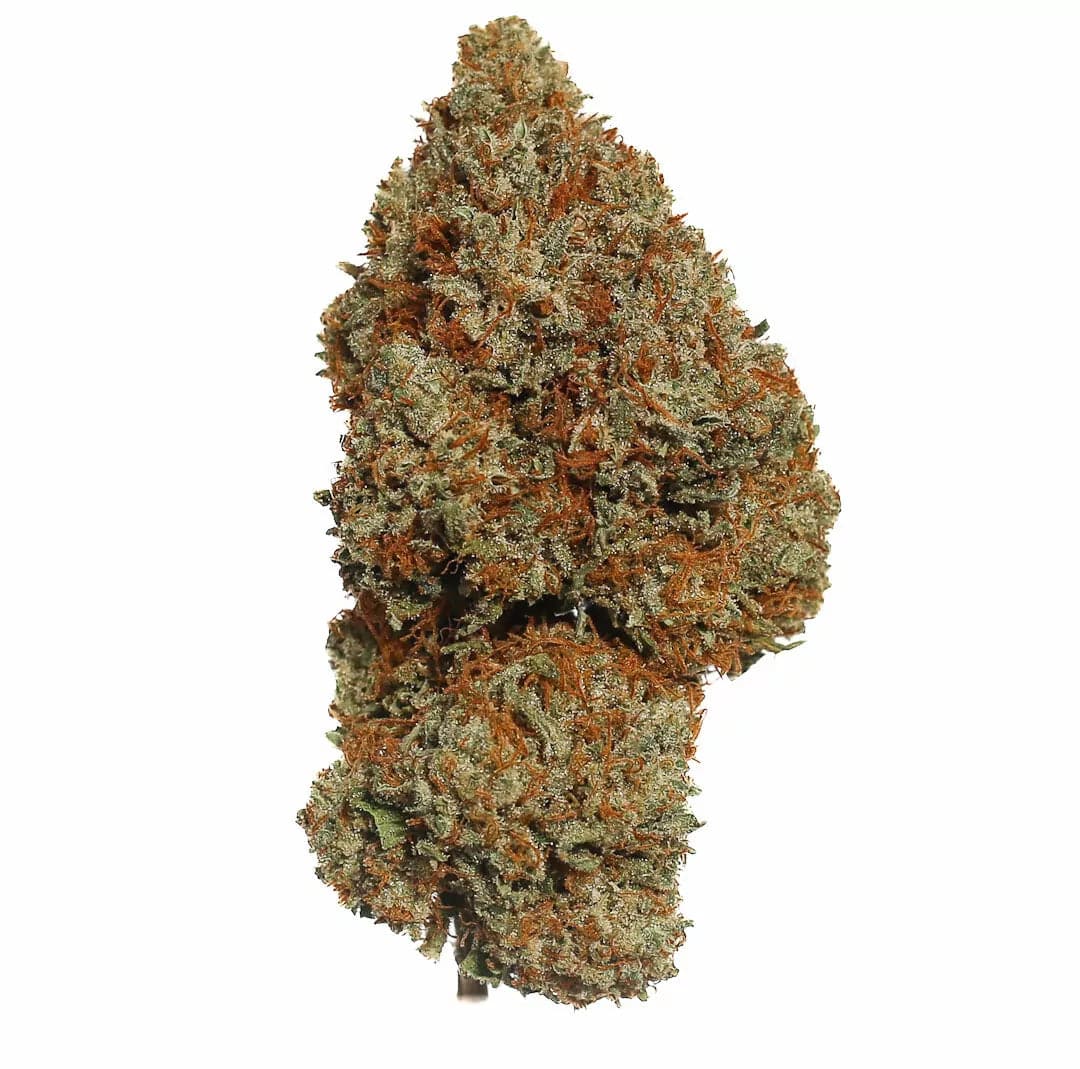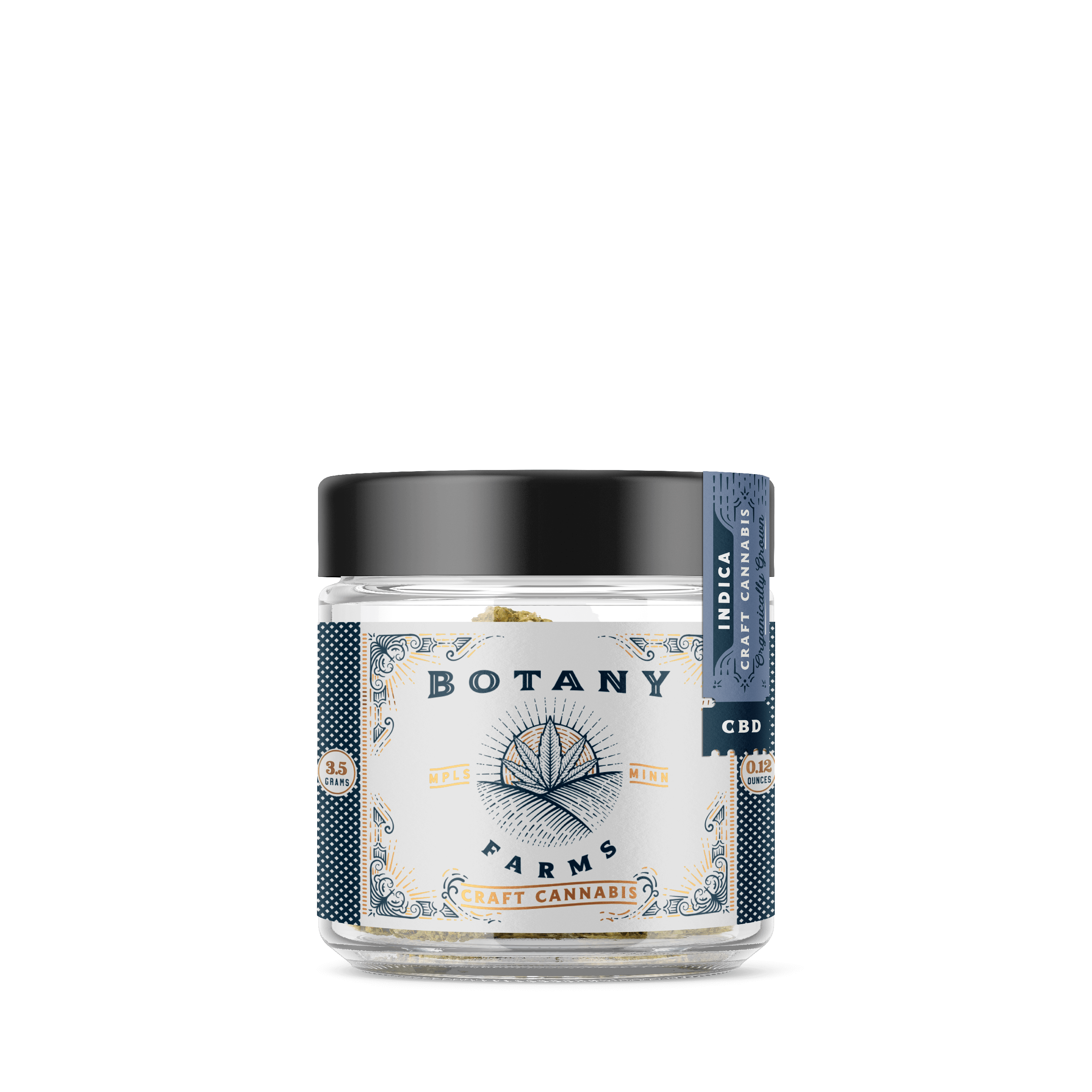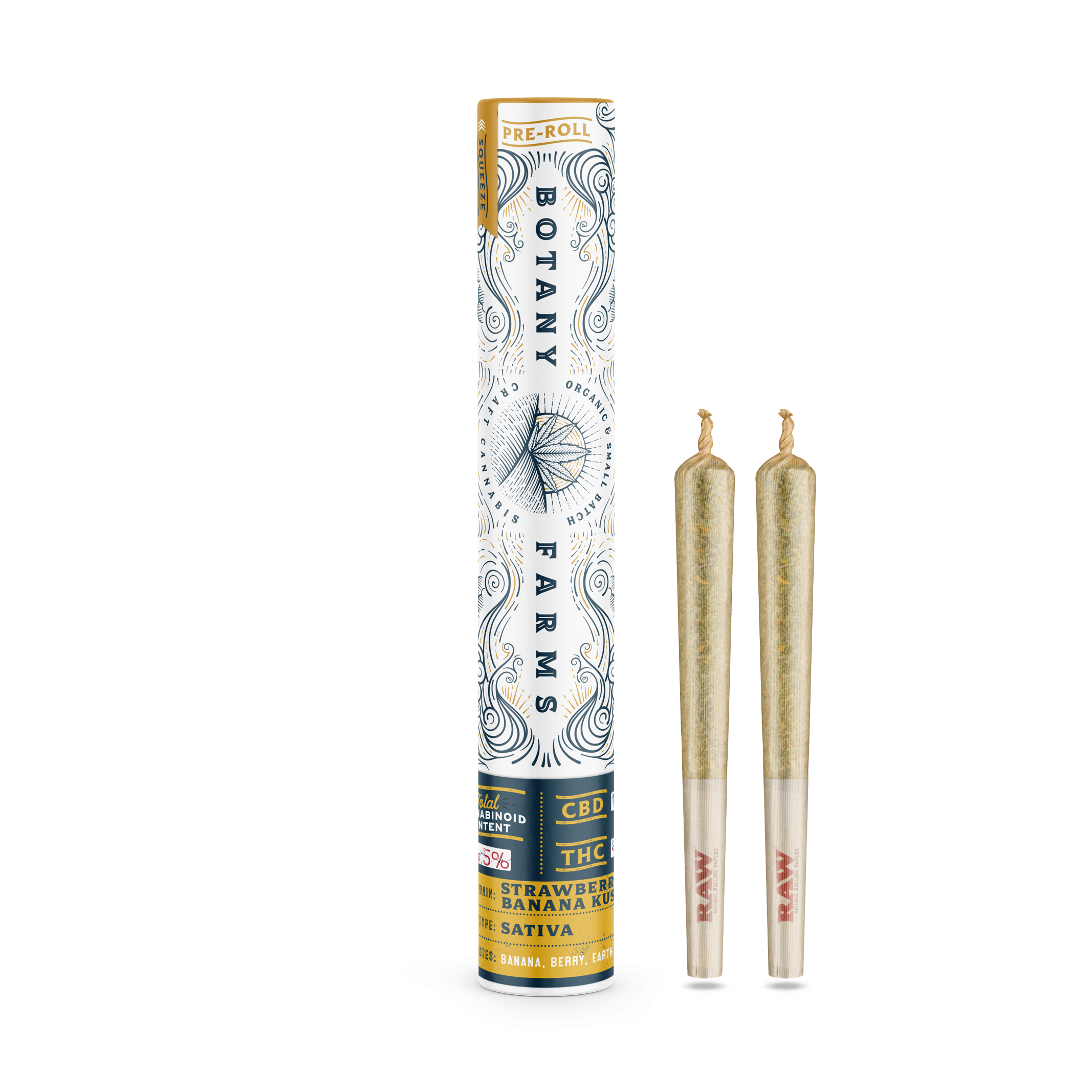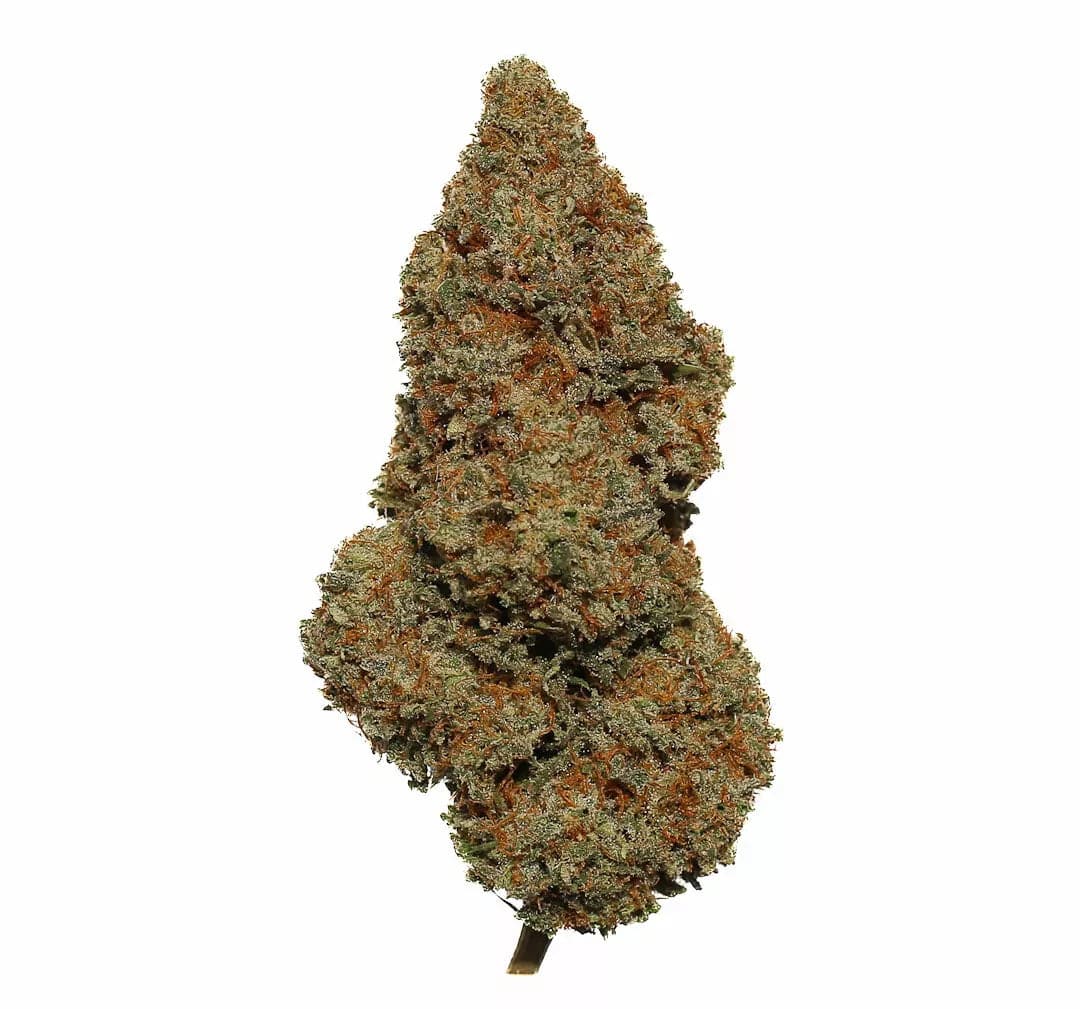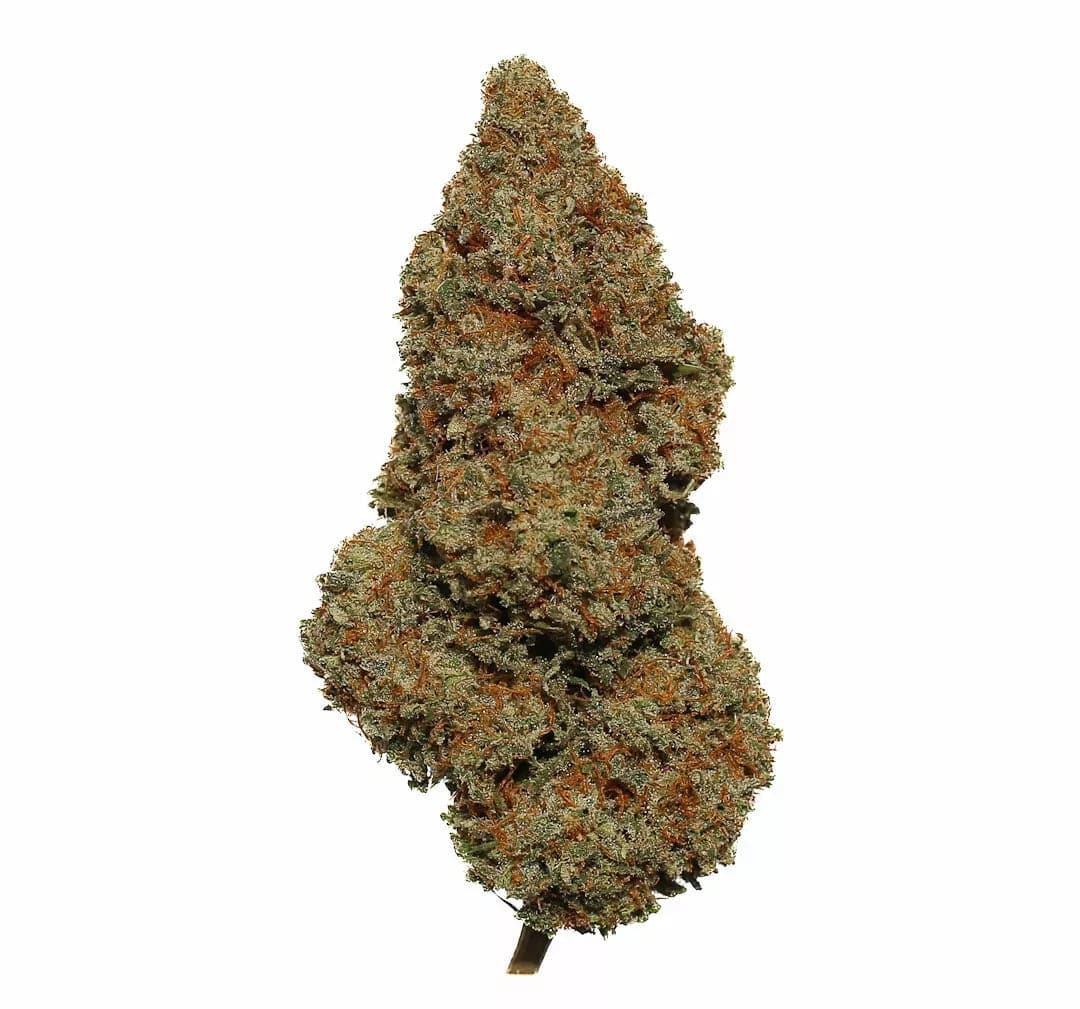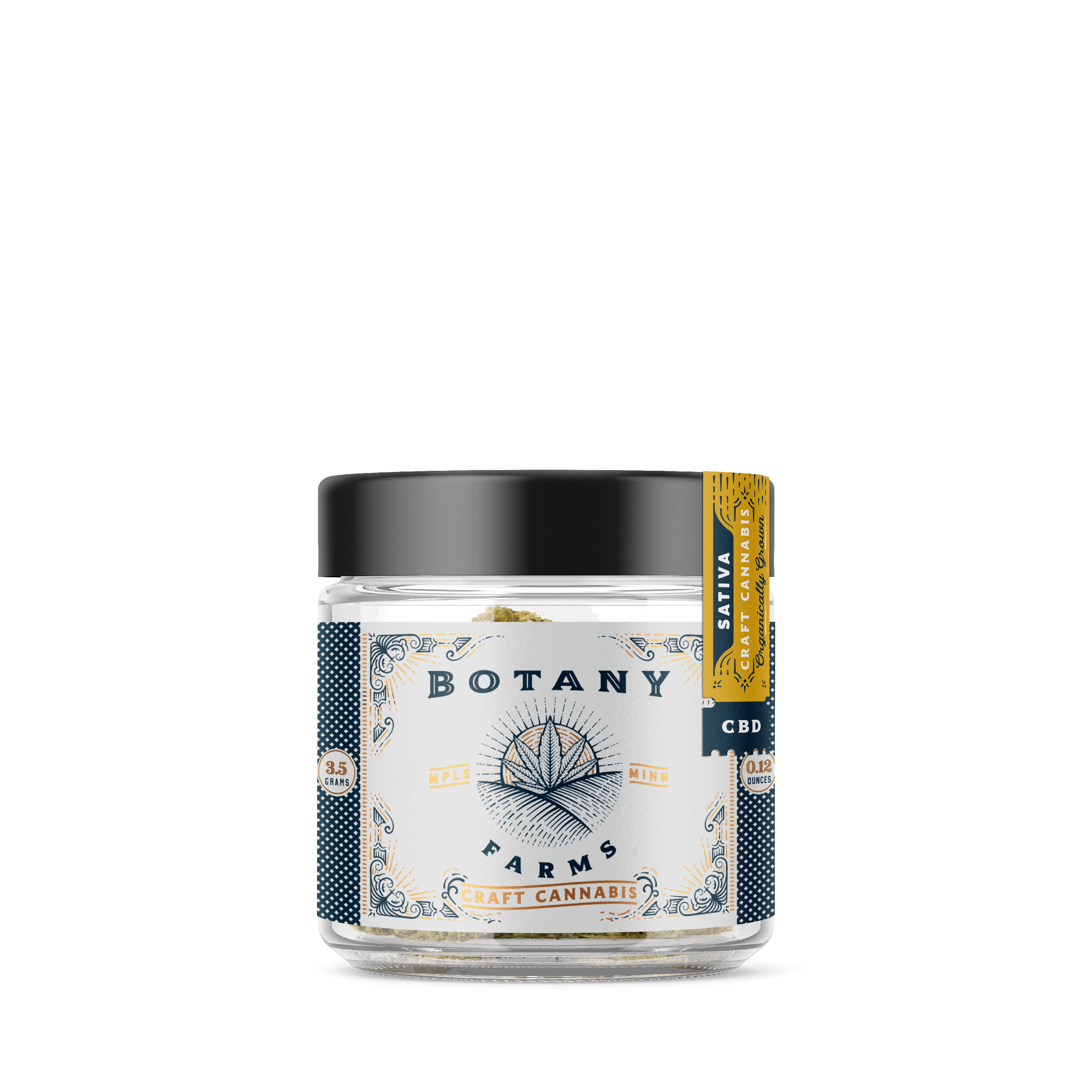Disclaimer: The information provided here is intended solely for informational and entertainment purposes. It should not be used as a substitute for professional medical advice, diagnosis, or treatment. Always seek the advice of your physician or other qualified health provider with any questions you may have regarding a medical condition or treatment and before undertaking a new health care regimen. Never disregard professional medical advice or delay in seeking it because of something you have read here.
For some, traditional and modern medicine has done all they can一 but not enough. As a result, they actually resort to cannabis for the solution or some sort of relief.
There are many different ailments, diseases, and symptoms of illnesses that cannabis and hemp-derived products can do the trick for. For instance, people with irritable bowel syndrome, also known as IBS, have very uncomfortable and irritating symptoms. Those pesky symptoms could be fixed with a little help from CBD, or at least that’s what some research suggests.
Is CBD good for IBS? This article will discuss the effects of CBD in IBS and how to choose the right products for you.
Key Takeways:
-
CBD's Potential for IBS Relief: CBD may offer relief for Irritable Bowel Syndrome (IBS) symptoms like abdominal pain, discomfort, and inflammation due to its interaction with the body's endocannabinoid system and anti-inflammatory properties.
-
Types of CBD for IBS: Full-spectrum CBD, containing multiple cannabinoids including THC, may be more effective for IBS symptoms due to the entourage effect, whereas broad-spectrum and isolate options provide alternatives without THC.
-
Consultation and Dosage Caution: Before using CBD for IBS, consulting with a healthcare professional is advised to avoid potential drug interactions and to tailor dosage according to individual tolerance and symptom management needs.
What is IBS?
Irritable Bowel Syndrome, also known as spastic colon, irritable colon, or spastic colitis, is a very common condition that many Americans experience. The symptoms of Irritable Bowel Syndrome may vary in duration, intensity, and severity from individual to individual.
A general rule is these symptoms last at least three months and at least three days per month. IBS can be treated in a variety of ways, although the exact reason why it happens is unknown and is tough to prevent because of the many possible reasons that exist. Some common causes are an overly sensitive colon or immune system. Another is a past bacterial infection in the gastrointestinal system, which may cause postinfectious IBS.
The key to treating IBS symptoms for many people is to avoid triggers. For many, certain foods, as well as stress, anxiety, depression, and worry, can be triggers for IBS symptoms.
What Are The Symptoms of Irritable Bowel Syndrome?
IBS is only a pattern or presentation of five symptoms; a person who has IBS will have each of these for many days if not months and even years: cramping, abdominal pain, bloating and gas, constipation and diarrhoea.
I found this (embarrassingly) counterintuitive: how could people be strongly affected by both constipation and diarrhoea, as is common in IBS, if these were really just different ends of a spectrum?
Plenty of folks report constant, persistent symptomatic IBS, while others seem to get symptomatic bursts from time to time. This shall be a reflection of your own experience, in the context of whatever prevention you can apply to your own IBS to make it better.
Does IBS Affect Men and Women Differently?
This condition may affect any gender equally. However, there is a lot less information on how IBS affects men due to men possibly reporting it less and seeking less treatment. What we do know is IBS affects women of different age groups differently.
Women who have already begun their menopause have fewer symptoms than those still menstruating. It’s also true that women tend to have aggravated symptoms or more appearance of these around the time of their period.
What Is CBD?
Cannabidiol, or CBD for short, is a major cannabinoid found in the cannabis and hemp plants and is responsible for the relief many are looking for. CBD does not produce intoxicating effects, which means you will not experience the high that its well-known sibling, THC, produces.
There are many effects and benefits associated with CBD. It also produces fewer adverse or unpleasant side effects when compared to other cannabinoids. For that reason, many people are using it to treat some symptoms related to several different conditions.
What Types Of CBD Are There?
There are three different types of CBD extracts available on the market:- Full-spectrum CBD: this contains multiple cannabinoids, including THC, as well as terpenes and flavonoids.
- Broad-spectrum CBD: contains several cannabinoids, terpenes, and flavonoids but no THC.
- CBD isolate: pure CBD only.
Does The Kind Of CBD I Take Make a Difference?
There hasn't been any specific research done to determine which form of CBD is best for IBS. However, research suggests that combining THC and CBD may be more beneficial than doing it separately – this is known as the entourage effect.
For instance, the Botany Farms Live Resin CBD + THC Tincture may help you achieve calming and stress-relieving effects that will help you mitigate the discomfort of an IBS flare-up.
Take a look at our article on how to take CBD tinctures to make sure you make the most out of them. Full-spectrum CBD products may be more effective than broad-spectrum CBD or CBD isolate at reducing symptoms. In terms of product kind, topicals aren't going to help with IBS symptoms.
Consuming edibles such as our CBD gummies, tinctures, and oils might be a better option. If you rather smoke flower, our Sour Hawaiian Haze is a sweet and tropical strain that has around 15% of CBD and less than 0.3% of THC.
You can also check out our Sour Space Candy Pre-Roll, featuring a hybrid strain that has around 16% CBD and a fruity, gassy flavor profile you’ll dig.
Can CBD Help With IBS?
Gastrointestinal (GI) ailments related to treatment include abdominal pain, anorexia, inflammatory diarrhea, diabetic gastroparesis and more.
CBD is useful to help with the pain which irritable bowel causes Besides the psychoactive qualities, there are also some downsides to the use of THC for medicinal purposes.
Many people suffer from irritable bowel syndrome (IBS), which can become a detriment to their life. No matter how many research, diet, and medicinal aids for IBS are made, people still want to try something different, especially when their IBS is flaring up badly.
Doctors, too, tend to prescribe certain drugs for IBS. But some of them either treat only certain symptoms, or some of them come with serious side effects. If you want to try a natural way to aid in your IBS, and without those side effects, CBD seems like a good option.
Since cannabinoid receptors are found throughout our bodies, including our stomach, it is possible that taking cannabis derived products like CBD helps with a digestive issues as well. It is also found in today’s studies that cannabinoids have anti-inflammatory properties, which can also help in medical problems that can cause gastrointestinal disorders like IBS.
Moreover, if stress and anxiety trigger you to IBS, then you might also be assisted with some relief after taking CBD. It can help in easing down anxiety symptoms in the body, and is also great for straining and unwinding, which helps in stress, as well as in managing and coping with it.
CBD products have been used for helping with IBS symptoms such as discomfort, pain, and even inflammation. No CBD-based product has yet been approved by the FDA, so you can’t yet claim that it treats either the illness or its symptoms. However, there are countless people today who have reported CBD to be of great help in aiding their IBS - to ease the associated symptoms.
For people with IBS, who want to try CBD to help with pain, discomfort and inflammation related to the illness, buyers need to be careful when shopping for these products. Consumers are advised to speak to their doctor or health care practitioner before using them.
Safety and Side Effects of CBD
CBD doesn’t intoxicate, and is generally thought of as fairly safe. Chances are decent you could still experience side effects, not all of them pleasant: drowsiness or sedation, change in appetite or weight, diarrhoea.
For some people, certainly, cannabidiol can set off diarrhoea, making it a poor remedy for some IBS symptoms. For others, ingesting CBD with a fatty meal is associated with increased risk or severity of side effects.
CBD can also interact with drugs. Before you experiment with CBD, make sure your doctor is in tune. This can avoid ugly drug interactions – or those side effects.
CBD Dose For IBS
Everyone’s tolerance to the effects of CBD is different, and sure, you might know a buddy who once took a brownie and peaked so highly that it altered the course of his destiny – but don’t assume that your instant karma is going to be the stuff of legends. You might need a higher dose; you might need less.
And when finding your preference, as with your first ever venture into CBD at all, it’s best to be conservative and play the ‘brownie points’ game with the smallest dose possible.
And remember: the effects of a CBD edible might not fully install themselves for a couple of hours, depending on the delivery method of your dosage. Don’t rush into an additional, follow-up dose of any kind before a full two or three hours have elapsed since your initial dose.
What’s The Bottom Line?
CBD is popular and rising, but there are no studies showing it benefits IBS symptoms. The current preliminary evidence suggests it might help regulate gut motility, reduce stomach pain and support the neurological system – but much more research definitely has to be done.
There are many officially recognised and successful treatments for IBS on the market, so it makes sense to focus on them. If you are thinking about CBD, try it for a short time when your doctor gives you the go ahead. It might just help you out! CBD is an anti-inflammatory and pain reliever and can be a game-changer in terms of dealing with IBS.
Whether it brings down the anxiety that’s triggering your IBS or it just manages the stress and pain that IBS is causing you, it will make you feel better, and with a huge amount of comfort.
Links to sources used in this article:
https://www.ncbi.nlm.nih.gov/pmc/articles/PMC10560130/
https://www.ncbi.nlm.nih.gov/pmc/articles/PMC9343359/
https://www.ncbi.nlm.nih.gov/pmc/articles/PMC5333598/
https://www.ncbi.nlm.nih.gov/pmc/articles/PMC3002524/
Note: This article is provided by Botany Farms for informational purposes only and does not constitute medical advice. The content is intended to offer insights into the practice of dabbing and the use of cannabis concentrates, reflecting current knowledge and research within these areas. It is not aimed at diagnosing, treating, curing, or preventing any diseases or health conditions. As the legal status of cannabis varies across different regions, it is the responsibility of the reader to be informed about their local laws regarding cannabis use. Botany Farms advises all readers to consult with a healthcare professional before making any decisions about cannabis consumption to understand fully the potential risks and benefits. Botany Farms and the authors of this content disclaim all liability for any adverse effects that may arise from the use of information provided in this article.





